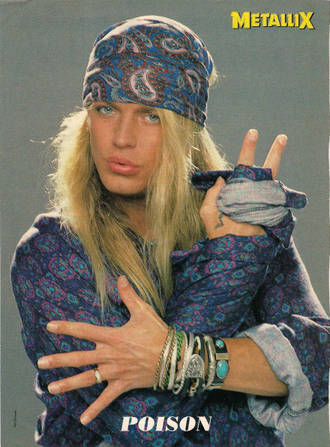Writers are often advised to avoid cliches like the plague. Oops, I used a cliche even in my first sentence, didn’t I?
The “avoid cliches” advice is everywhere, and it in itself has become a cliche. And let’s face it, it is a part of the word’s definition- a cliche is commonplace- mostly because it makes a lot of sense. I mean you do have to avoid a plague after all.
Yet sometimes, it is just fun (and actually good) to use them, as long as you are aware why and how you are using them. I’ll continue to share my other favorite cliches in both mine and others’ storytelling in the upcoming posts and today I’m starting with a popular song from the 80s: Poison’s Every Rose Has Its Thorn.

Poison is one of my favorite rock bands. They have my 3 requirements to adore a band: great vocals, relatable/fun lyrics and catchy music.
Yes, there are a lot of cliches about a (hair) rock band. They are in their names, attitudes, videos, personal lives and themes. You can’t be a rock band without some songs about sex, partying, drugs, booze, love and relationships.
But sometimes, an apparent cliche in a romantic ballad is a hidden metaphor.
When I first heard this song, I liked it, thinking it was a sad song about a guy (Bret Michaels, the leading singer) trying to get over the demise of his relationship. He didn’t want it to end, but even good things end. And nothing is perfect, right? Hence, the girl/relationship being the rose and her/its flaws being the thorn.
You can check out the lyrics here.
So sweet and yet, so typical.
But then I read Bret Michaels’s commentary on the song where he explains that while the song is based on Bret’s relationship that ended, the rose doesn’t represent the girl.
The girl left her for another guy with more money, but Bret was sure he’d make it. And guess what? His career is the rose, and the girl is the thorn. I hadn’t seen that one coming, and it made me like the song even more.
Now every time I listen to the song, I listen with a grin on my face.
I’d say he used a cliche well. What do you think?